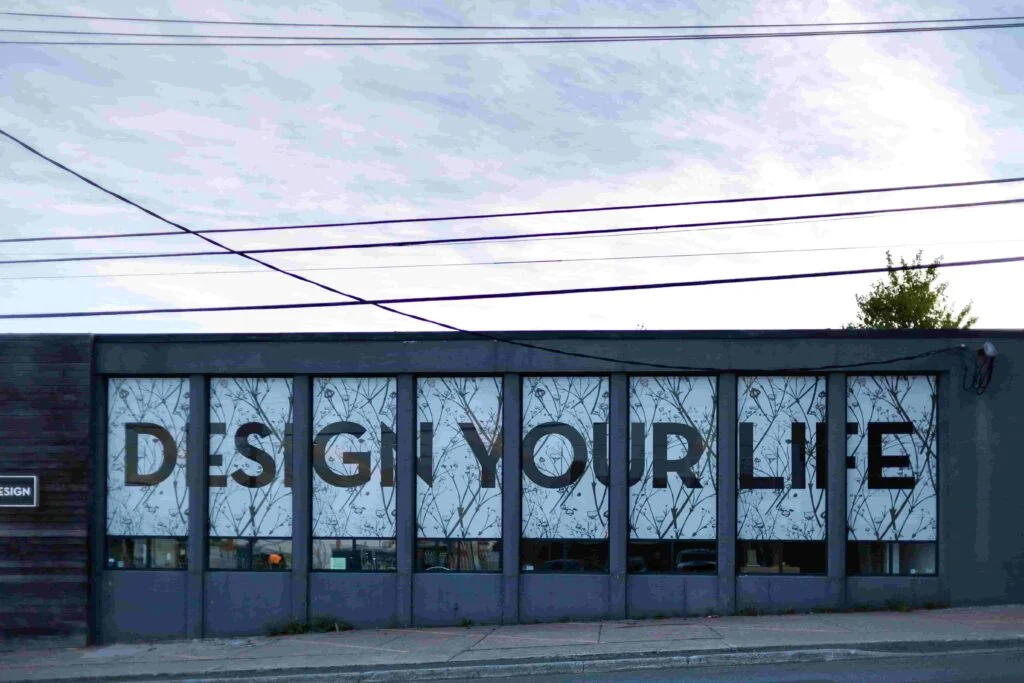Intro
Today protecting your assets is of utmost importance in Nature’s uncertain business world. One unplanned disaster could delay your business for several months or even years. Whether it is a burst drain or a thunderstorm, having appropriate commercial property insurance will count. This article will figure out who needs such assurance, what it integrates, and how effectively to get it.
What is Commercial Property Insurance?
Business property security is a property insurance incorporation that defends the material possessions, and assets of your business. This includes the construction of the building, and its contents such as inventory, furniture, tools, and equipment. In a word, it is insurance coverage that protects companies from damages caused by fires, water, winds, or even arson.
A simpler way of looking at this is to imagine that you turned your office or store upside down filled with things such as computers, documents, and inventory. Everything that would wander out or fall out is commercial property insurance type within business insurance that likely many people need. This kind of protection is beneficial for any person who possesses or rents a space expected for business exercises.
Who Needs Commercial Property Insurance?
Presently maybe you’re asking yourself, for what reason do I want this protection? The answer is a big yes if there are any physical assets in the business under inquiry. The following businesses are the ones that should think about purchasing commercial property insurance:
- Retail shops
- Restaurants
- E-commerce businesses with stockrooms
- Home-based businesses with equipment or inventory
Yes, ensuring your equipment and inventory is requisite even if you work from home. This protection inclusion is important to safeguard your resources and have the option to maintain your business even in unexpected circumstances.

How to Get Commercial Property Insurance
Presently, let us dive deep into the method involved with getting business property protection. It is advisable to follow these steps to avoid making any erroneous decisions:
Step 1: Assess Your Business Needs
Check the things that require insuring. Make an inventory of your physical assets such as your premises, equipment and tools, stocks, and even furnishings. Valuing these items will guide in the selection of the best insurance coverage. Determine the insurance level whether it is worth only a few thousand dollars of equipment coverage or worth millions of dollars of inventory coverage.
Step 2: Compare Insurance Providers
Since different companies provide insurance coverage, it is advisable to evaluate their offerings. Make sure to look for insurance that provides cover against business property and understand the threats that may be encountered by your level of operation. Fortunately enough, the online quote can be conveniently obtained in a very short period from several companies. There are proper reviews and even testimonials regarding the provider, ensure that check if he is approved in that state.
Step 3: Customize Your Coverage
To satisfy your particular business requirement, it is imperative to customize your policy. A reputable insurance company will help you adjust the policy coverage, which may include:
- Coverage for inventory
- Business interruption coverage
- Equipment breakdowns
- Structural damage if you own the building
As an example, in case you manage a retail outlet you would need a steeper inventory protection. Yet, if you run a restaurant, it might be a priority to have equipment breakdown coverage. Customizing the policy allows for enough insurance coverage.
Step 4: Understand the Costs
Insurance is one field where cost plays an important role. For instance, low-risk commercial property insurance can be as low as $17 a month for low-risk businesses. Nevertheless, various factors will influence your actual costs such as:
- The value of your business property
- Your location
- Your claims history
Your charges will in all probability be higher if your business area is in a high-risk region inclined to specific cataclysmic events like rapidly spreading fires or storms. Nonetheless, it is feasible to oversee costs by fitting your strategy in a way that you are not paying for bowties when all you want is a turtleneck.
Step 5: Purchase Your Policy
Once you’ve chosen the most suitable provider and customized your coverage, you are ready to buy your policy. As a rule, the majority of the companies let you finish the course of action within a few minutes over the Internet. Details regarding your business’s nature, the worth of your possessions, and any other important details will have to be supplied.
Read More : The Future of Insurance Rates: What to Expect in 2025
What do you do when a disaster happens and you want to record a case? More often than not, making a case on a business property insurance contract is simply easy. This is the very thing that you want to do:
Document the Damage
Anticipate that you will undergo a traumatic experience. Initially, ascertain the nature and extent of the damage. Take photos and note the time and description of the occurrence. The more information, the less complicated the process will be.
File Your Claim
The next step involves filing a claim either online through the insurance service’s website or using its app. Most providers credit themselves with swift claim processing and some even go further to pledge decision-making in 48 hours or less.
Work with a Claims Specialist
Post submission of your claim, a claims specialist will reach out to you and take you through the next stage which will include inspections, more filings, or other tasks. All you want is to hurry and get back to work.
Conclusion
Summing up, the steps for acquiring commercial property insurance can be attributed to business needs assessment, provider comparison, coverage customization, cost explanation, and policy purchasing. You can present a case on the off chance that an insurable occasion occurs and all the important data is available to you.
Next Protection is by a long shot the best stage for getting protection for your business. They cater to almost every industry in the USA with affordable insurance coverage. For interested people, you can check them out from the link given above and obtain an estimate.
FAQs: What is Commercial Property Insurance and Why Do You Need It?
Q. What is commercial property insurance and why is it important?
A. Usually, business property protection covers actual property utilized by a business; structures, inventories, and gear transcendently, against unexpected episodes basically as fire, water harm, or robbery. This is important because it helps businesses get back on their feet fairly quickly and without taking any major economic setbacks after a calamity.
Q. Who needs commercial property insurance?
A. All businesses that have a brick-and-mortar presence such as retail shops or restaurants, an online presence with warehouses for e-commerce, or even those working from home with owned machinery and tools or inventory still need commercial property insurance to safeguard their investments.
Q. How do I assess my business needs for commercial property insurance?
A. To evaluate your needs, do a physical inventory of all the properties of the business including the premises, equipment, tools, and furniture. Then use this to ascertain how much risk is going to be covered.
Q. How does the cost of commercial property insurance vary?
A. Business property protection cost is impacted by different factors like the worth of the business property, where the business is found, and claims history. Certain areas of the insurance market offer higher dangers to organizations situated in regions that are exceptionally presented to cataclysmic events with higher payments, yet cover can be custom-made for to financially savvy.
Q. What steps should I take when filing a commercial property insurance claim?
A. Should an accident occur, record the existing damages and take photographs of them. Do this at your claims on your insurance company website or app. A claim adjuster will assist you with these procedures, which in certain cases include field verification and supporting document submission.

















Pingback: Residential vs Commercial Property - Which is A Better For Investment?